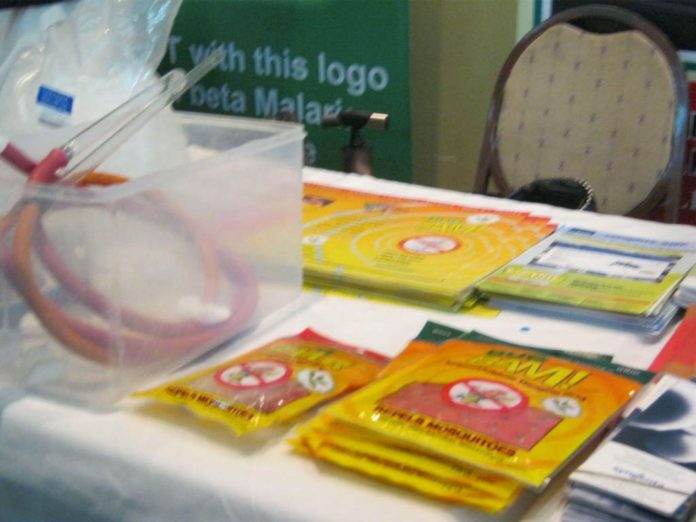A study has found abundance of malaria medicines without quality assurance on the markets of eight countries in sub-Saharan Africa, according to a report by Barney McManigal and Aileen Sheehy, of WorldWide Antimalarial Resistance Network.
The study shows evidence of “large and potentially growing market” for many of the medicines not pre-approved by global health organisations.
The low quality medicines account for as much as 20% of the private-sector market in Kenya, and 42% in the Democratic Republic of Congo (DRC).
The study, conducted in the private and public sectors of Benin, DRC, Kenya, Madagascar, Nigeria, Tanzania, Uganda and Zambia, was published in a Malaria Journal article titled ‘Do anti-malarials in Africa meet quality standards?
Researchers collected data from 29 malaria medicine outlet surveys and audited more than 330,000 artemisinin-based combination therapies (ACTs) between 2009 and 2015.
Based on samples from randomly selected clusters in the countries, in 2014-15, non-quality-assured medicines represented 42% and 27% of the private-sector market in Kinshasa and Katanga, respectively, 20% in Kenya, 19% in Uganda and Benin, 12% in Nigeria, 8% in Zambia and 5% in Tanzania.
Moreover, non-QA medicines were available in 48% of private outlets in Nigeria, 38% in Uganda, 21% in Tanzania, 17% in Zambia and 83% and 53% in the Kinshasa and Katanga provinces of the DRC, respectively.
In contrast with the private sector, the public-sector market share of non-QA medicines in 2014-15 was generally smaller – 6% in Nigeria, 5% in Kenya, and about 1% in Benin, Madagascar, Tanzania and Uganda.
“These findings really improve our ability to understand the complex problem of medicine quality in Africa”, said co-author Dr. Megan Littrell, Principal Investigator at the ACTwatch project, a multi-country research project filling gaps in evidence for quality testing and treatment of malaria.
“Although the data focus on quality-assurance status, it’s hugely beneficial to know where non-QA antimalarials are most prevalent, particularly in countries with the highest malaria burdens, so that appropriate interventions can be considered alongside other efforts to tackle poor quality medicines.”
Much of the penetration of non quality assured antimalarials occurred between 2009 and 2015.
The greatest increase occurred in Kenya and Kinshasa, where the market share approximately doubled, from 19% and 11% in 2009 to 42% and 20% in 2014-15, respectively.
The public-sector non-QA market share mostly decreased during this time, except in Kenya, Kinshasa (DRC) and Zambia where the non-QA market share shifted from 1%, 1% and less than 1% in 2009, respectively, to 5%, 18% and 32% in 2014-15.
“Non-QA antimalarials clearly have a strong market penetration across Africa, and these findings should help inform policy responses”, said Professor Paul Newton, a co-author of the article and Head of the Medicine Quality Group at the Infectious Diseases Data Observatory (IDDO).
“However, we have also found numerous differences on the ground, so we must tailor our strategies for removing these medicines accordingly, by improving regulation, aligning national registration medicine lists with global standards, enhancing access to QA antimalarials and providing more support for manufacturers to ensure that their products are all quality assured. Frequent monitoring of the available antimalarials should be conducted to understand what patients are taking and the quality of the medications.”
























